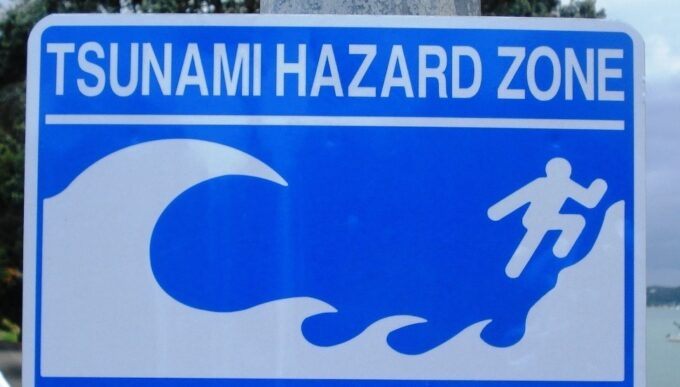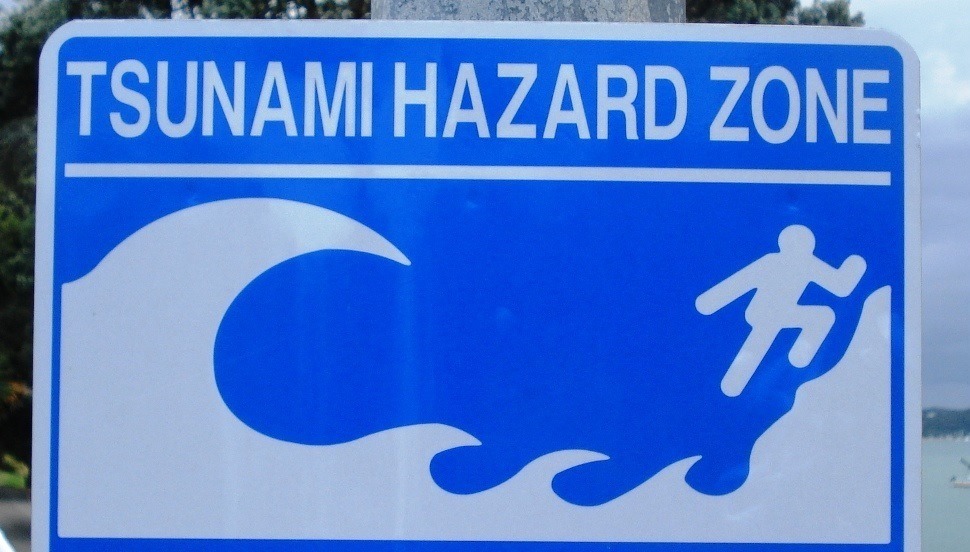






























































Photograph Source: Genet (Diskussion) – CC BY-SA 4.0
Tax policy experts and lawmakers have long circled 2025 as a year to prepare for. What makes it so significant?
For one thing, Federal COVID money to states is expiring, straining state budgets at the same time the economy is starting to weaken. For another, Republicans in Congress are working to increase and extend President Trump’s tax cuts for the wealthy and corporations — while cutting trillions from health care, housing, and education programs for everyone else. And it all up and you get a fiscal tsunami.
While major tax policy changes are being made and discussed in Congress, this is also happening in the states.
None of these efforts have an isolated impact. What’s happening in Washington, DC and state capitals will affect your families — especially in rural communities. And people everywhere are going to feel it in their pocketbooks if our legislators cave and shift more taxes from the rich to the rest of us.
But that’s not how it has to happen. Several Western states have taken significant steps toward fairer, progressive tax policies aimed at funding essential public services, with great results for people in rural areas and beyond. These states can serve as a model for others.
In 2021, Washington State enacted a capital gains tax on the sale of high-end stocks and bonds by the state’s wealthiest residents. It was designed to address the state’s historically regressive tax system, which disproportionately burdened low- and middle-income earners.
In its first two years, the tax generated $1.3 billion, funding critical services such as child care and education. And the number of millionaire households actually went up, despite some threats about wealthy people leaving the state (fact check: False!).
Aside from Washington, Oregon and my home state of New Mexico have also raised taxes on the wealthiest residents in order to invest in programs that support families and communities in the state.
New Mexico lawmakers have made their tax system significantly more progressive in recent years by increasing credits for low-income families with children (significantly reducing child poverty in the process) and raising revenue from the richest residents, high-end investors, and the oil and gas industry.
In November, voters in California and Colorado also approved tax increases to pay for early childhood care and education. Hawaii, Nevada, and Washington are also actively considering progressive new tax and revenue measures.
Unfortunately, along with the federal government, other states are trending in the opposite direction, negatively impacting regular people in those places.
A comprehensive look at state taxes by the Institute on Taxation and Economic Policy shows that in the past 25 years, Arizona, Colorado, Idaho, Montana, and Utah, have all reduced income tax rates for the wealthiest residents and corporations.
When politicians cater their tax systems to the wealthiest 1 percent, there are serious repercussions. And these efforts are unpopular — the vast majority of Americans believe that we shouldn’t cut taxes for the wealthy just to turn around and put public schools and our neighbors’ health care coverage at risk due to a resulting lack of revenue.
State tax policy disproportionately affects people in small towns because rural communities are usually the first to be forced to close schools, pull back public safety, and cut programs for seniors when those tax cuts lead to revenue loss.
So this year, the choice for state leaders is clear: replicate their own version of what the president and congressional Republicans are proposing — possibly gutting schools, fire prevention, rural health care centers, and food programs that benefit school kids and local farmers — or adopt more progressive tax policies to pay for investments, infrastructure, and resources people need to power their communities.
The decision is a no-brainer. So once your own taxes are filed, check to see if your state is pursuing tax policies that favor the wealthy or making a tax code that puts families, schools, and local communities first.
The post As Congress Prepares a “Fiscal Tsunami.” State’s Can Protect Themselves appeared first on CounterPunch.org.
This content originally appeared on CounterPunch.org and was authored by Amber Wallin.